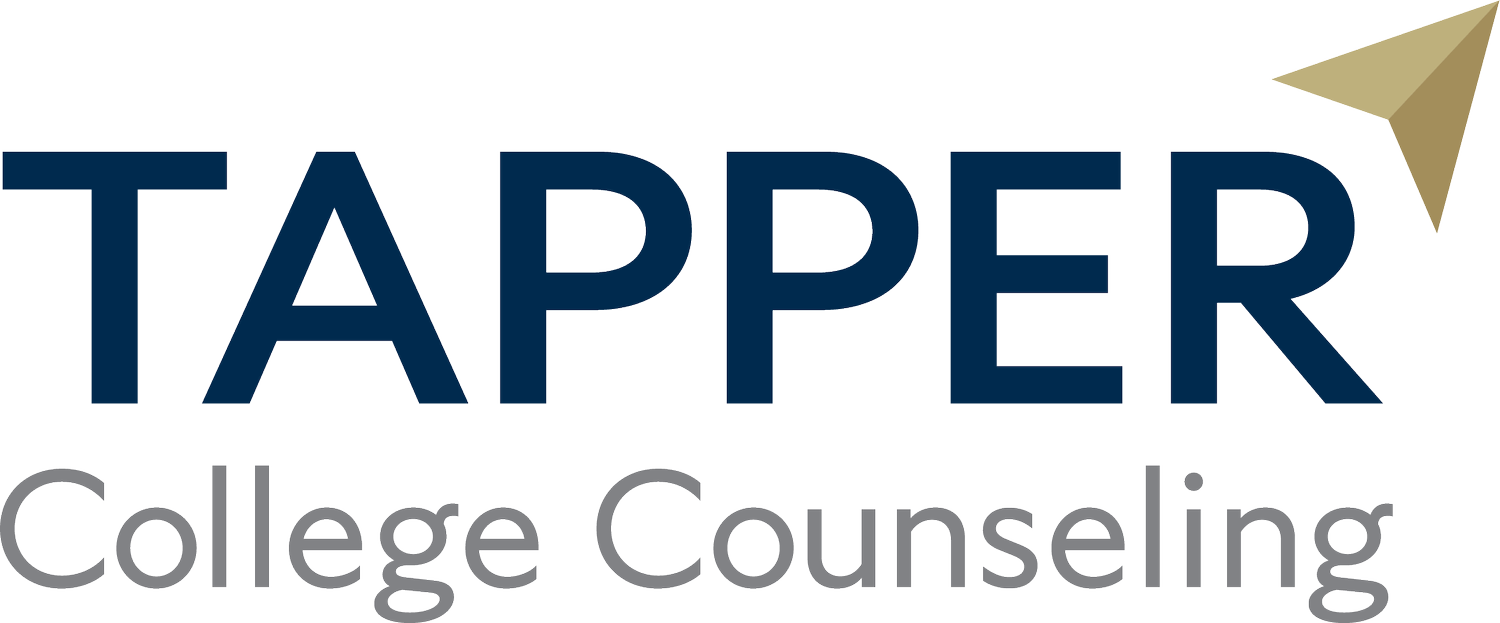Course Selection Tips for 10th and 11th Graders
Selecting next year’s courses is critical in shaping a strong high school transcript. The classes you choose can impact your academic growth and how colleges view your readiness for higher education. With grade inflation at many high schools, curriculum rigor can be key to distinguishing yourself from other students—especially when applying to more selective colleges. Below are some strategies and considerations.
1. Evaluate Your Current Academic Performance and Rigor
Highly selective colleges value students who pursue the most challenging curriculum available to them, provided they can perform well. Before choosing your courses, take an honest look at your academic record:
Rigor to Date: Have you already started challenging yourself with honors, Advanced Placement (AP), International Baccalaureate (IB), or dual-enrollment (DE) courses? If not, now is the time to increase the difficulty gradually.
Grades: Are you consistently earning strong grades? If you are struggling in a subject this year, it is probably not wise to take a higher-level course in that area next year.
AP/IB vs. DE: Highly selective colleges usually view AP and IB classes as having more rigor than DE ones—especially where a student forgoes an available AP or IB course for a DE class. Though potential college credit can be appealing, taking DE classes in place of AP or IB classes can hurt your curriculum rigor. If you’ve exhausted the AP curriculum, such as by taking AP Calc BC in 11th grade, DE can be an excellent way to take higher-level coursework.
Your College List Matters: If you’re applying to colleges with high acceptance rates, they are likely to be less judgmental about the rigor of your curriculum.
2. Aim for Strength in All Five Core Areas
To present a well-rounded transcript, prioritize challenging English, math, science, social studies, and world language classes. Here are some thoughts for each area:
English: Colleges expect—and high schools nearly always require—four years of English. If you’re aiming for colleges with low admit rates, take honors or AP-level classes such as AP English Language and AP English Literature or the IB equivalent.
Math: Continue progressing through higher-level courses, such as Precalculus, Calculus, or Statistics. Selective colleges like to see AP Calculus, but it is not the right choice or is not possible for some students.
Science: A solid science foundation often includes biology, chemistry, and physics. Advanced options—especially AP Biology, AP Chemistry, and AP Physics—can show your ability to handle college-level material.
Social Studies: Courses such as AP US History, AP World History, AP European History, and AP Government can boost your transcript while deepening your understanding of society and culture.
World Language: Most colleges prefer at least three years of the same world language, though taking it all four years of high school—ideally reaching the AP level—can enhance your profile. Uber-selective colleges generally will not count middle school coursework unless it leads to you completing the AP level before 12th grade.
3. Strive for Balance
While challenging coursework is essential, overextending yourself can lead to burnout or lower grades, harming your college prospects. Here’s how to strike the right balance:
Be Realistic About Workload: Most AP or IB classes involve significant homework, reading, and projects. If you’re adding more rigorous courses, be mindful of how much time they’ll require.
Assess Your Extracurricular Commitments and Allow for Downtime: If you’re deeply involved in sports, music, or other activities, ensure you have time to maintain your commitments without sacrificing sleep or well-being; reserve time for relaxation and self-care.
Factor in Your Strengths and Interests: Choose advanced courses in subjects you excel at or enjoy. Taking honors or on-level chemistry instead of AP Chemistry might be best if you’re not strong in science.
4. Align Courses with Your College and Career Goals
Your course selection should reflect your interests and future aspirations:
STEM Careers: If a science, technology, engineering, or math career interests you, prioritize advanced coursework in math and science. Take AP Calculus and AP Physics, AP Biology, and/or AP Chemistry.
Humanities: For students interested in writing, communication, or history, take rigorous English and social studies classes and consider electives like Creative Writing or Philosophy.
Language or International Focus: If you plan to major in international relations or a related field, continue with advanced language classes and global studies.
5. Seek Guidance
Consult with people who can provide valuable insights:
School and Independent College Counselors: They can help you understand your school’s course offerings and requirements while pursuing the rigor that colleges value.
Teachers: Speak with teachers, as they can advise on your readiness for advanced classes and what to expect.
Parents: Your parents know your work habits and can provide perspective on whether your planned workload is realistic.
Do you have questions about course selection?
By aiming for a balance of rigor and manageability, you can create a schedule that highlights your strengths, prepares you for college, and supports your overall well-being. Feel free to contact me with any questions about selecting classes for next year or any other part of the college planning process.

